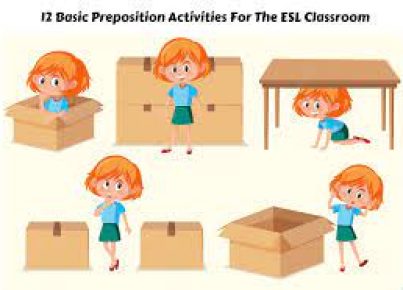Learning a new language is an exciting, yet challenging endeavor. For English language learners (ELLs), the experience can be profoundly shaped by the approach and understanding of their teachers. Here are seven things ELLs wish their teachers knew to help them succeed in the classroom.
1. Patience is key – Learning a language takes time, and ELLs may struggle with grammar concepts or vocabulary words that native speakers take for granted. Teachers should remember to be patient with their students and offer ample opportunities for practice and reinforcement.
2. Encouragement makes a difference – Encouraging words from a teacher can have a significant impact on a student’s confidence and motivation. ELLs appreciate when their efforts are acknowledged, even if they don’t always get everything right.
3. Exposure to authentic language is crucial – ELLs benefit from listening to and engaging with native speakers using authentic language as much as possible. Integrating videos, podcasts, or guest speakers into lessons can help students improve their listening skills and pronunciation.
4. Group work fosters communication skills – ELLs need opportunities to practice speaking English in a supportive environment. Encouraging group activities can help students learn from each other, improving their communication skills and fostering a sense of belonging in the classroom.
5. Scaffolding helps build skills step-by-step – Teachers should provide materials and resources that cater to different proficiency levels within the class. Breaking down complex tasks into smaller steps helps ELLs build language skills at their own pace while avoiding unnecessary frustration.
6. The importance of cultural sensitivity – Recognizing and embracing cultural differences can support ELLs’ learning journey by making them feel valued and understood. Teachers should aim to incorporate diverse perspectives in lesson plans, classroom discussions, and projects.
7. Flexibility is essential – Teaching ELLs effectively requires flexibility in lesson planning, pacing, and assessment. Teachers should be willing to adjust their approach based on student needs and progress, offering extra support, guidance, or resources as needed.
Understanding these points can make all the difference for English language learners. By fostering an inclusive and supportive learning environment, teachers can help ELLs achieve success on their journey toward English proficiency.





